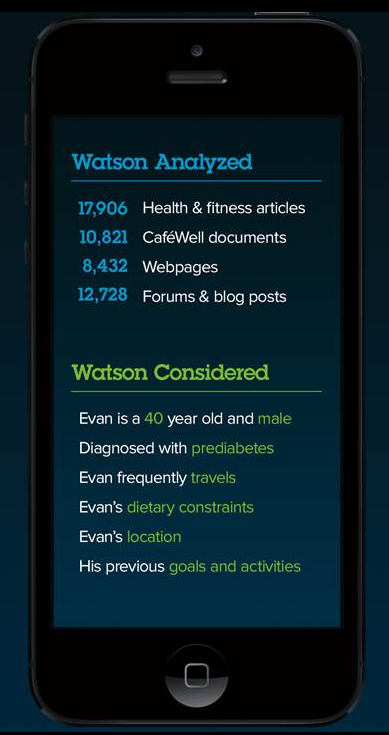99% of the human population can't sort 10,000 files into alphabetical order in less than a second either, at least by hand.
Computers can. That doesn't mean they're intelligent, it just means someone figured out a fast algorithm to accomplish that task.
Even that will come in a matter of years, decades at most. Visual recognition is a solvable problem with enough math and computing power.
Machine self-awareness is an entirely different category. It's not clear whether that will ever be possible at this point.
Computers can. That doesn't mean they're intelligent, it just means someone figured out a fast algorithm to accomplish that task.
On the other hand, it will take a very, very long time until, for example, a computer beats a human in visual recognition. Because that's what the human brain can do with perfection.
Even that will come in a matter of years, decades at most. Visual recognition is a solvable problem with enough math and computing power.
Machine self-awareness is an entirely different category. It's not clear whether that will ever be possible at this point.





